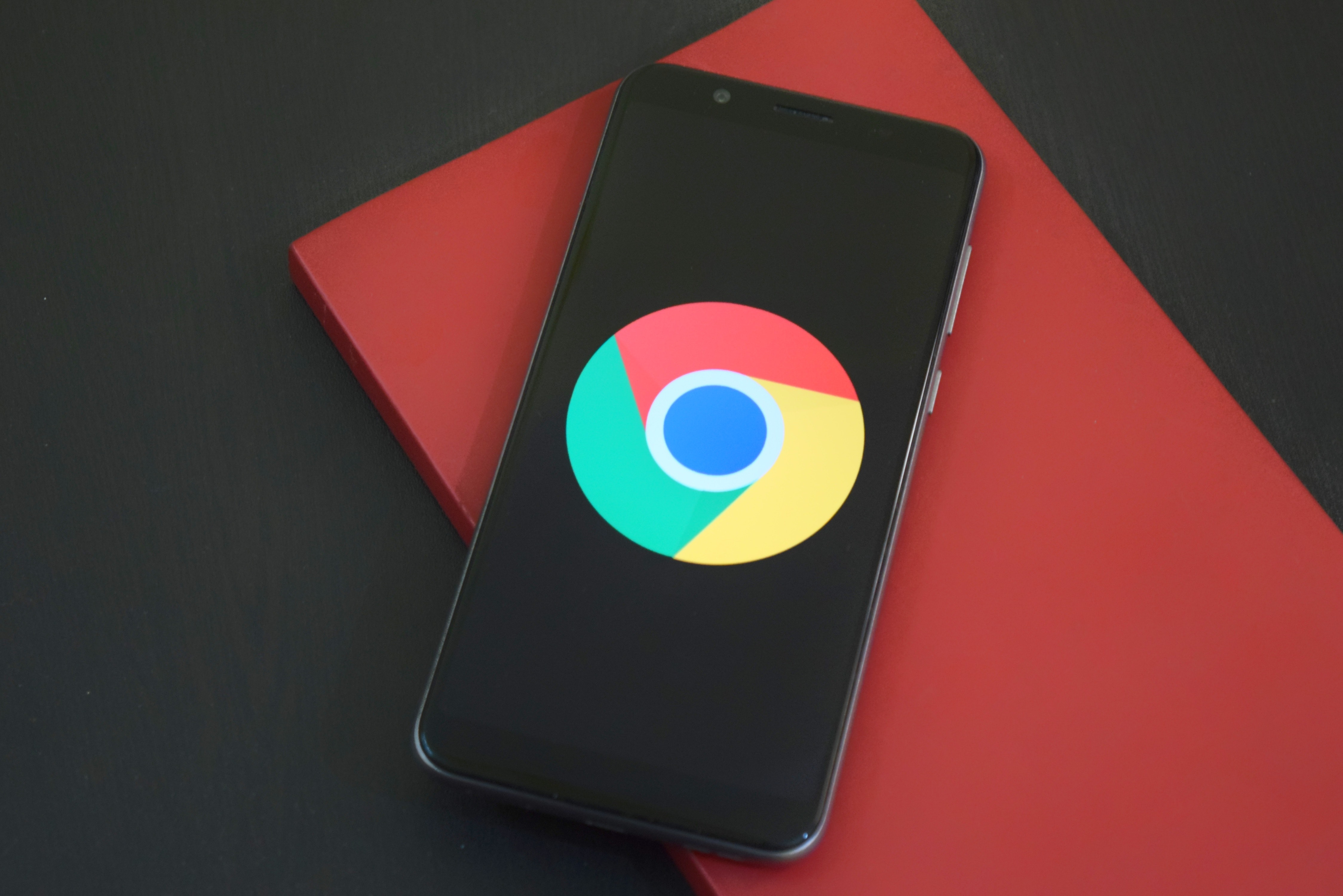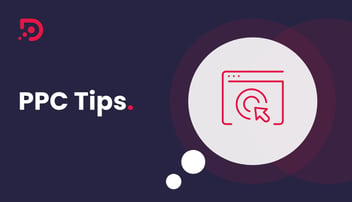Google Chrome Cookies
Google recently announced it was delaying the planned phase-out of third-party cookies in its Chrome browser until 2024. Originally scheduled for 2022, then moved to 2023, Google is already behind some other browsers like Safari and Firefox, which have already implemented some default blocking of third-party cookies.
So it seems that cookies aren’t going to be binned by Google just yet. But why have they introduced another delay in phasing out third-party cookies? Google’s decision seems to be driven by the investigation by the U.K. Competition and Markets Authority (CMA) into the company’s Privacy Sandbox approach to replacing third-party cookies.
On July 13 2022, Google ended its trial of FLoC, its most popular Privacy Sandbox proposal for a new approach to tracking people and targeting ads in the Google Chrome browser. In light of the CMA investigation, Google now plans to work more closely with regulators to devise new technologies to replace third-party cookies for use within Google Chrome.
Google now plans to test a variety of different cookie-less advertising methods as part of its Privacy Sandbox initiative. Its ultimate aim is to devise a less intrusive solution for delivering targeted advertising to website users. The idea is now to gradually transition from third-party cookies to the Privacy Sandbox, without abruptly replacing cookies with something new.
A trial version of the Privacy Sandbox API has been available to developers for a while. This month, the trial has been expanded to millions of people globally. With Google’s new initiative now due to be phased in during the second half of 2024, the reason that this is all of interest to marketers is that the removal of third-party cookies will have a major impact on online advertising campaigns. So just what will online marketing and advertising look like in a world without cookies
A Cookie-less PPC Advertising Future
It is believed that the new cookie-less approach will help maximise personalisation and revenue for advertisers, based on the reliability and targeted nature of the data collected from consumers. Ultimately it will make online advertising more personal and highly targeted to the individual, which will be welcomed by many internet users and will give online advertisers a chance to devise more targeted ads.
The delay from Google will now give B2B PPC advertisers more time to adjust their advertising strategies to target Chrome users. At the moment it’s unknown just how the deprecation of third-party cookies in Chrome will impact advertisers or how effective the Privacy Sandbox will be at targeting customers. More information will likely reveal itself in the coming months.
In the meantime, it is of course best to be aware of Google’s plans, so that advertisers can prepare their advertising campaigns for the change when it comes. This way they can take full advantage of the potential to devise more targeted ads that will attract more conversions and customers.
If you would like help with your online advertising strategy, in order to make your PPC campaigns perform better now and also to future-proof your pay-per-click for any future Google updates, then get in touch today and we can devise a strategic PPC plan just for you.


![Free PPC Audit [Email CTA]](https://no-cache.hubspot.com/cta/default/469237/91082e64-1a12-4e9b-a2b7-d25427f5acb0.png)

